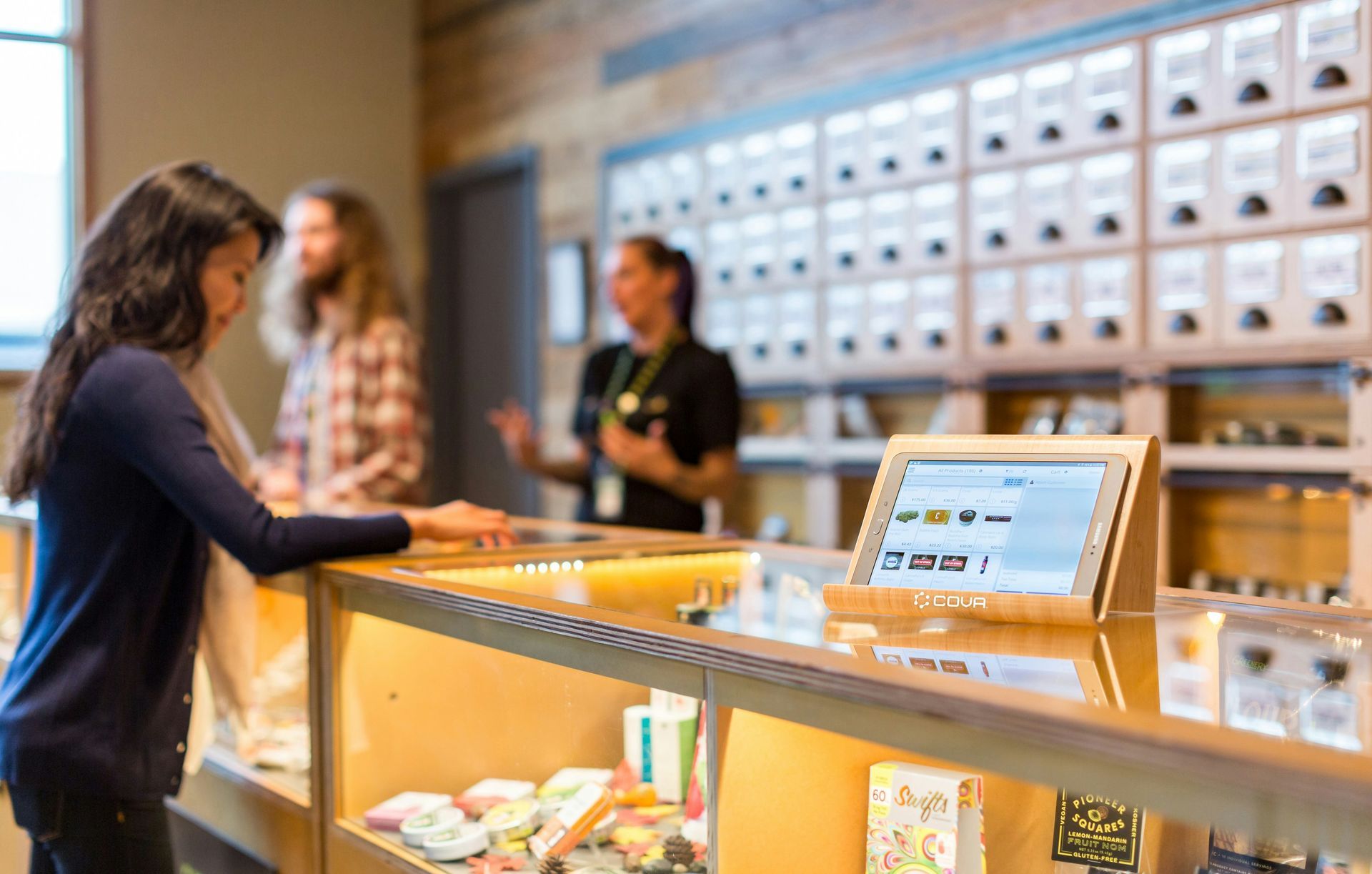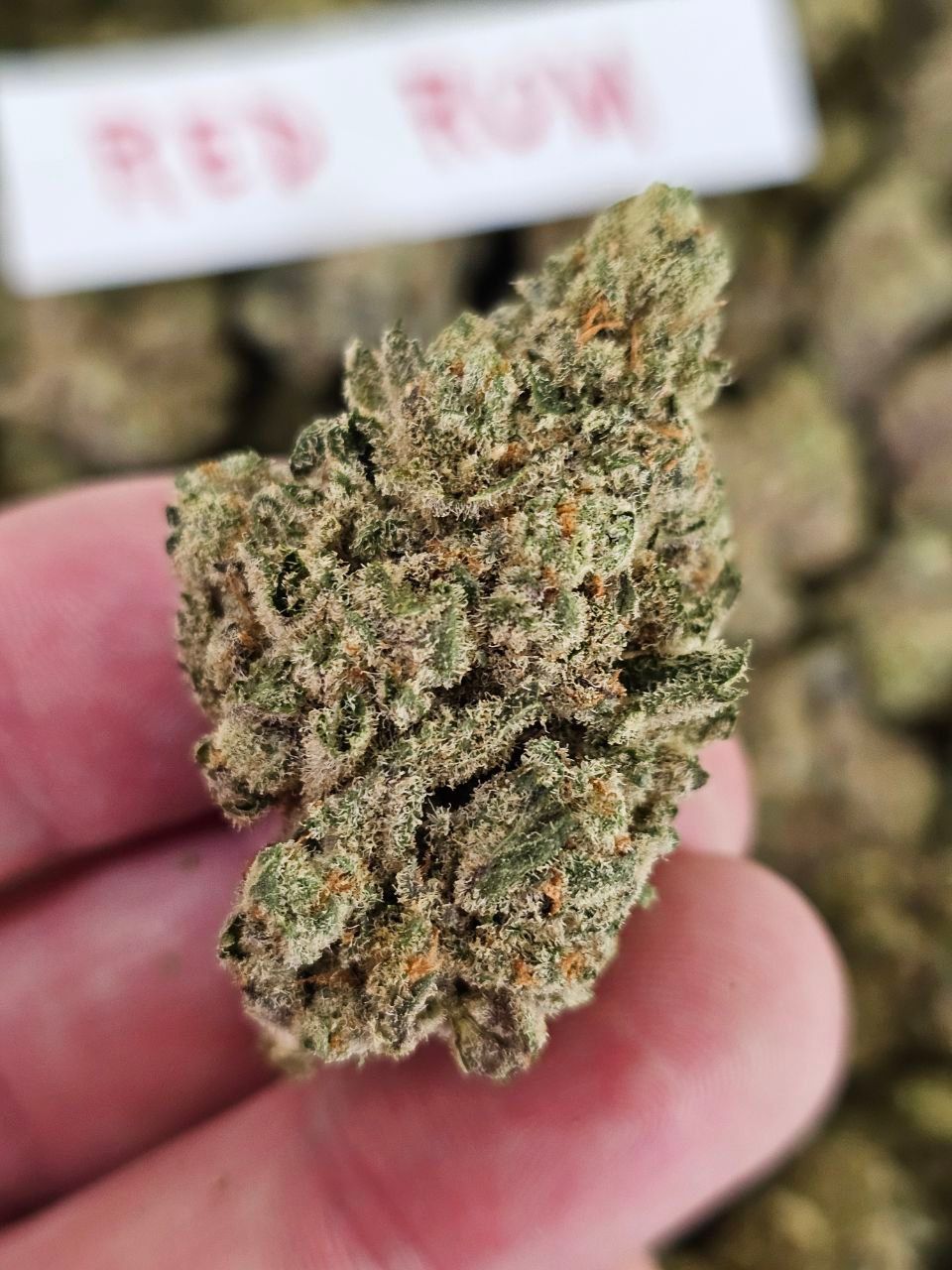A Guide to the Budding Market in North Carolina

Exploring THCA Flower and Hemp in North Carolina
As the cannabis and hemp industry continues to evolve across the United States, North Carolina is emerging as a fascinating landscape for the burgeoning world of THCA flower and hemp products. While the state is often seen as more conservative regarding cannabis laws, it has developed a unique market, particularly in the realm of hemp and its derivatives. Let’s dive into what THCA flower is, how it relates to hemp, and what the current legal and market landscape looks like in North Carolina.
What is THCA Flower?
Tetrahydrocannabinolic acid (THCA) is a non-psychoactive cannabinoid found in raw and live cannabis and hemp plants. Unlike THC (delta-9-tetrahydrocannabinol), THCA does not produce the intoxicating effects typically associated with cannabis consumption. However, when THCA is exposed to heat through smoking, vaping, or cooking, it converts into THC, which can provide psychoactive effects.
THCA flower is essentially raw cannabis or hemp flower that has high levels of THCA and very low levels of delta-9 THC, the compound that is federally regulated. Because it is not intoxicating in its raw form, THCA flower is legal under the 2018 Farm Bill as long as the delta-9 THC content does not exceed 0.3%.
The Legal Landscape of Hemp and THCA Flower in North Carolina
North Carolina's hemp laws align with the federal standards established by the 2018 Farm Bill. This means that any hemp product, including THCA flower, must contain less than 0.3% delta-9 THC to be legally sold and consumed. However, there’s an interesting loophole: because THCA is not the same as delta-9 THC until it is heated, THCA flower is technically legal in North Carolina.
The state has adopted its own hemp pilot program, allowing farmers to cultivate hemp for various purposes, including the production of THCA flower. This has led to a burgeoning market for high-quality hemp products that appeal to consumers looking for the potential therapeutic benefits of cannabinoids without the psychoactive effects.
THCA Flower vs. CBD: What’s the Difference?
While both THCA and CBD (cannabidiol) are non-psychoactive cannabinoids found in the cannabis plant, they serve different purposes and offer different effects:
- THCA: When consumed raw, THCA is believed to offer various health benefits such as anti-inflammatory, neuroprotective, and antiemetic properties. However, when heated, it converts to THC, which provides the familiar "high."
- CBD remains non-psychoactive regardless of how it is consumed and is often used for its potential to alleviate anxiety, pain, inflammation, and other conditions without the high associated with THC.
The growing interest in THCA flower in North Carolina comes from both hemp enthusiasts and those seeking an alternative to CBD that might offer a more traditional cannabis experience if activated.
The Market Potential for THCA Flower and Hemp Products
The market for THCA flower in North Carolina is still in its infancy but growing rapidly. Specialty shops, online retailers, and wellness centers are beginning to stock THCA flower as part of their hemp offerings. Consumers are drawn to its unique properties and the fact that it is a "legal loophole" for those interested in the effects of THC without running afoul of the law.
Farmers and cultivators in North Carolina are increasingly focusing on high-quality, organically grown hemp flowers to meet this demand. The state’s climate is suitable for hemp cultivation, and the growth of THCA flower allows local farmers to diversify their crops while tapping into a premium market.
Challenges and Opportunities Ahead
While the THCA flower market in North Carolina presents promising opportunities, it is not without its challenges:
- Regulatory Uncertainty: As the legal status of hemp-derived cannabinoids continues to evolve, the legality of THCA flower may face increased scrutiny from state and federal regulators.
- Consumer Education: There is a need for more education around what THCA flower is, its benefits, and how it differs from other cannabinoids like CBD. Misunderstandings could lead to misplaced concerns or unrealistic expectations.
- Market Differentiation: As more players enter the market, differentiation will be key. Focusing on quality, transparency, and building trust with consumers can help businesses stand out in this competitive landscape.
Conclusion
THCA flower represents an exciting frontier for the hemp market in North Carolina. With the right regulatory support, market education, and innovation from distributors like us, and cultivators and retailers, it could become a staple of the state’s hemp economy. As interest continues to grow, North Carolina may soon find itself at the forefront of this unique segment of the cannabis industry.
Whether you are a consumer, retailer, or cultivator, staying informed and engaged with the evolving landscape will be essential for navigating the future of THCA flower and hemp in North Carolina.
DISCLAIMER: Kannabi Konexion provides THCA flower products that are cultivated, processed, and sold in full compliance with the 2018 Farm Bill and applicable federal and state laws. Our THCA flower products are derived from hemp and contain less than 0.3% Delta-9 THC on a dry weight basis, making them federally legal in the United States.
Recent Blog Posts





